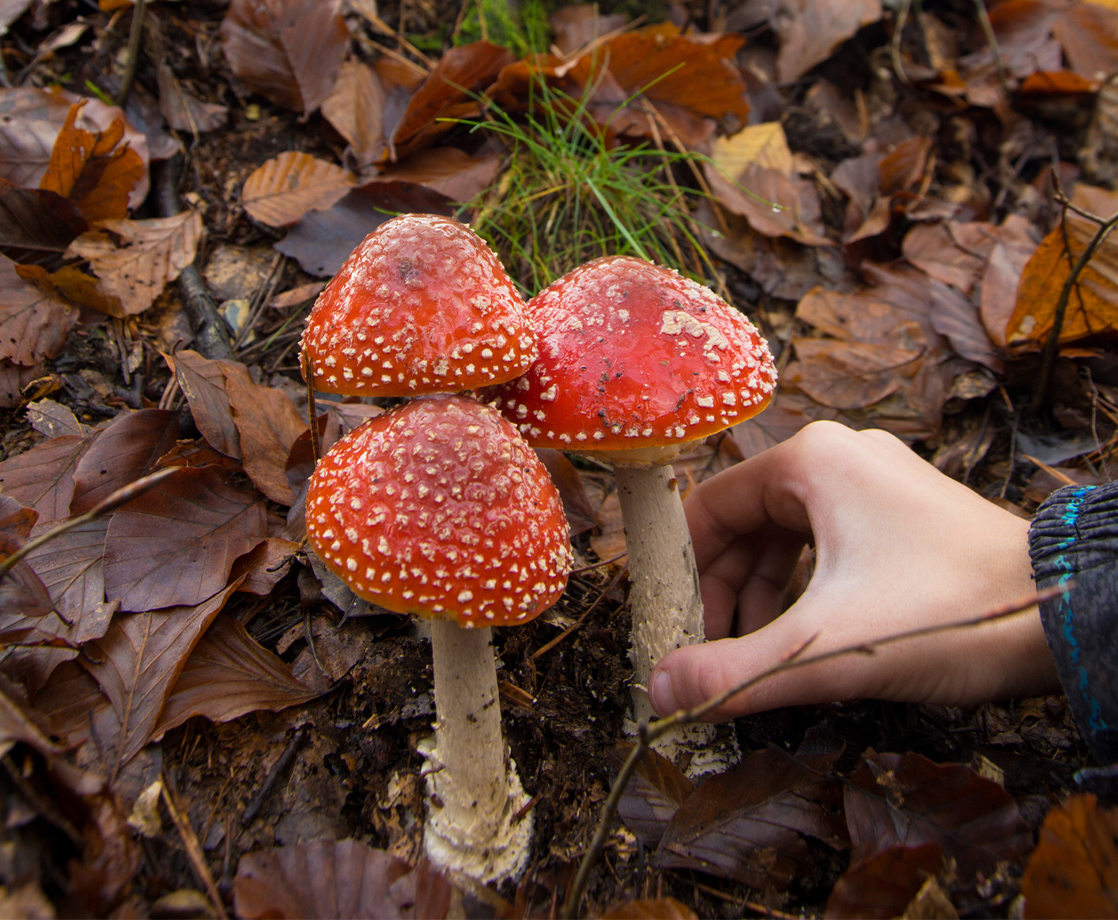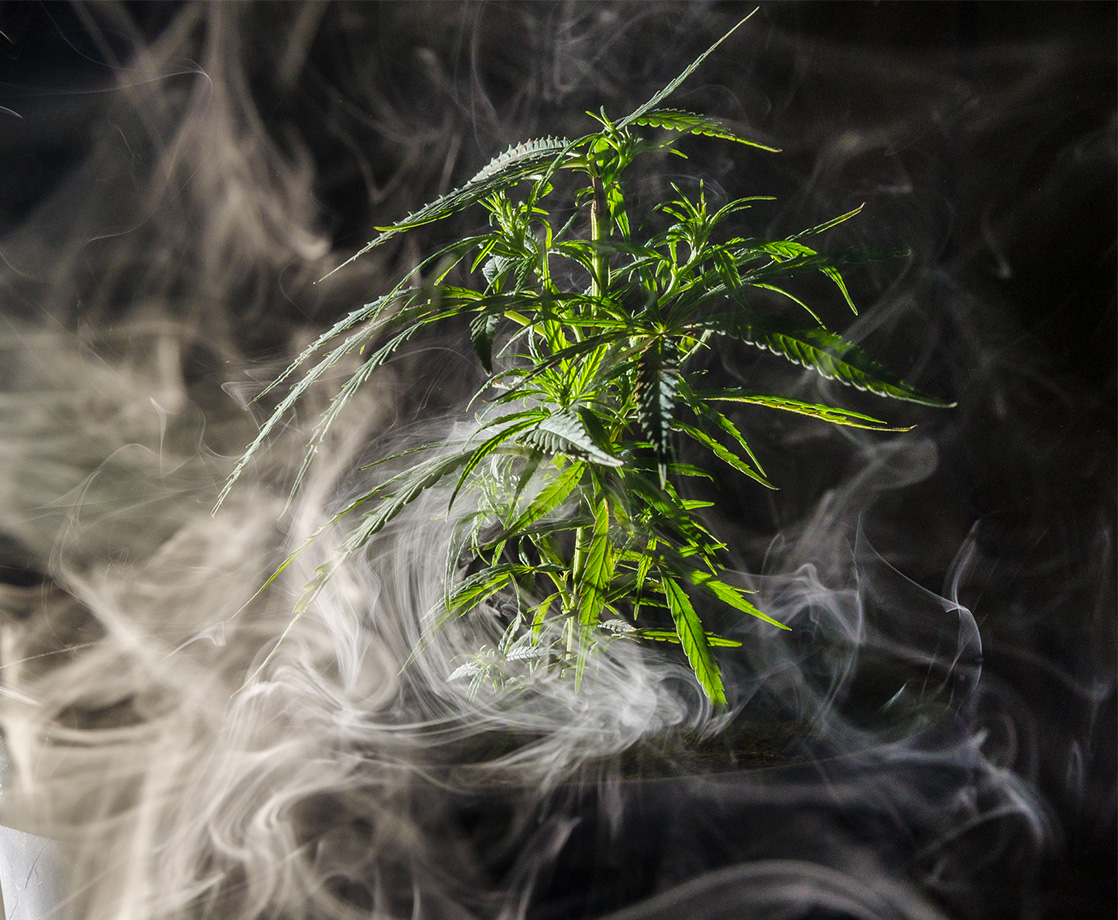Magic mushrooms aren’t even legal (yet), but a company has already received a federal trademark for the word “psilocybin.”
The trademark, issued by the US Patent and Trademark Office (USPTO) on January 14, is now owned by Psilocybin, even though the compound psilocybin remains federally outlawed as a Schedule I substance (right alongside marijuana).
However, Psilocybin the company only makes regular ol’, non-infused chocolates. According to the company’s website, its goal isn’t profiteering; instead, it’s goal is “educating, enlightening and supporting the community in upgrading their inner vibrations in order to get everything they want of their time here on earth.”
“Why did we TM the word Psilocybin™️?” the company’s founder, Scarlet Ravin, wrote on a LinkedIn post last Thursday. “Because what happened with the cannabis market I don’t want to repeat, the lack of education and awareness of cannabis as a sacred supplement was lost to getting high and acting famous.”
The trademark, she continued, “allows us to have chocolates at Whole Foods, and any other grocer and the brand name will be Psilocybin. This will allow us to educate, promote, and hold space for the new wave of healing about to take place.”
Notably, the USPTO specifically granted the trademark only for the “development and dissemination of education materials” and the “publication of articles, books, pamphlets and newsletters.” The trademark does not apply to the sale, manufacturing, or distribution of psilocybin-containing products.
So, if you’re planning on selling psilocybin mushrooms or edibles when they finally became legal, you’re in luck. But the trademark may create legal complications for activist organizations that use the word “psilocybin” in their own educational materials, such as the Society for Psychedelic Outreach, Reform, and Education (SPORE).
“This being an open-source movement, trademarking the word ‘psilocybin,’ in some ways it feels like — although I don’t think this is her intention — it’s lacking perspective,” said SPORE’s founder, Kevin Matthews, to Marijuana Moment. “Does that mean we can’t use ‘psilocybin’ as SPORE because we’re an educational non-profit and she’s a for-profit branded company? It doesn’t make a lot of sense to me. She needs to let go of the trademark.”
Trademarks, which protect a company’s brand names and logos from being used by competitors, can be issued for practically any word or sequence of words, regardless of the subject’s legality. The same goes for patents, which allow people or companies to monopolize novel and unique inventions. A copyright, which protects a content creator’s claims to written, visual, artistic, or audio works, can also depict or illustrate illegal activities — in most cases.
Despite Psilocybin’s best intentions, one attorney said that if the company did decide to sue a person or organization for using the word “psilocybin,” its claims in court would be “somewhat weak.”
“Even if they might be somewhat overreaching, people see a potential new market here, and they want to stake out their ground,” Larry Sandell, an intellectual property lawyer, told Marijuana Moment. “It’s a big next space that people are anticipating a legal market. Maybe it’s where cannabis was five to 10 years ago.”
Regardless, Ravin promised not litigate against anyone for using the word, regardless of their intent.
“We’re not going to ever sue anyone who also uses the word — we’re opening a doorway for ourselves and anyone that wants to see this educated upon…” she said.
And in case you’re wondering, yes, your favorite quasi-legal substance has already been trademarked, too. Last year, the wine- and beer-making company Weed Cellars trademarked “weed” for their line of booze that’s branded with the word but doesn’t actually contain THC or marijuana extracts. While that means actual weed-infused drinkables branded with the word “weed” are fine (for now), anyone else who wants to make weedless wine or beer branded with “weed” will be shut out of the market without Weed Cellars’ permission.
In 2018, the California-based pot company MedMen filed a trademark on “cannabis,” but the trademark only applies for printing the word on t-shirts.
Licensed marijuana retailers currently cannot receive federal trademarks for anything, “weed,” “marijuana,” or otherwise due to weed’s Schedule I status. They can, however, apply for state-recognized trademarks, which are only protected within the appropriate state.
Follow Randy Robinson on Twitter











